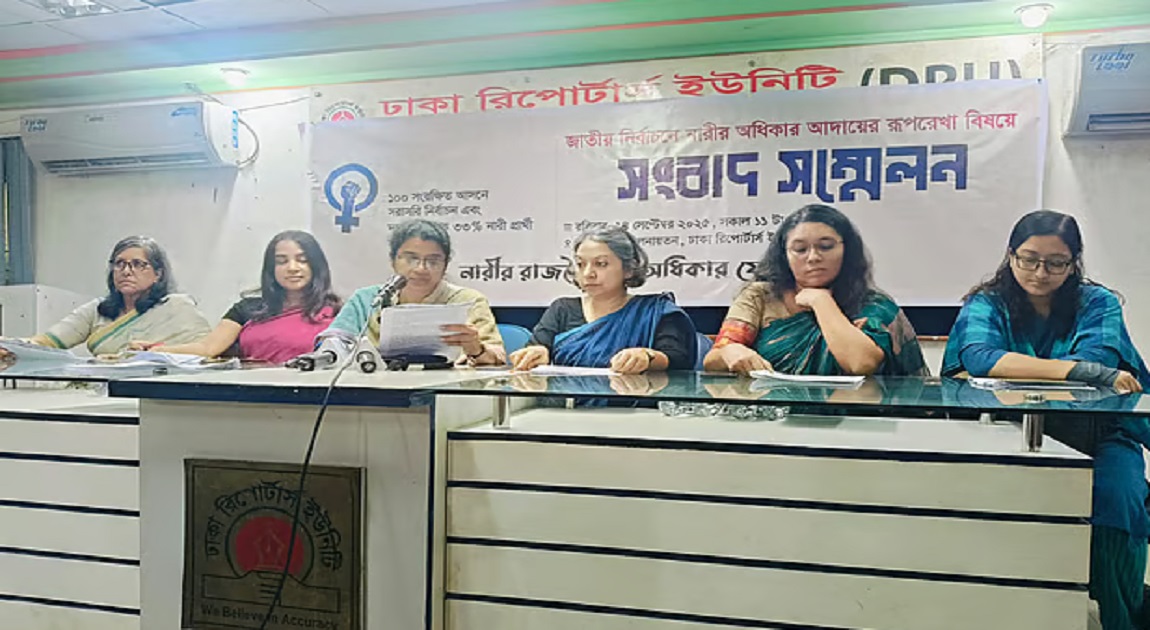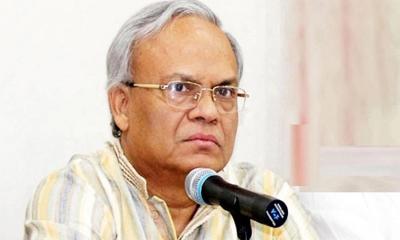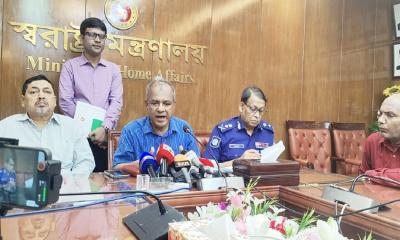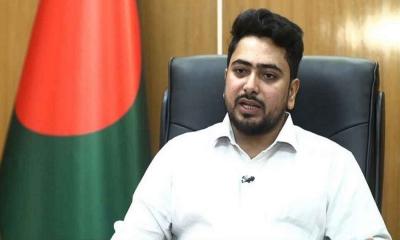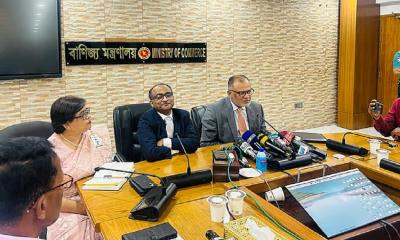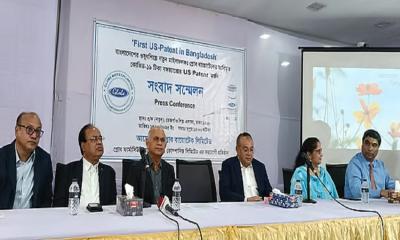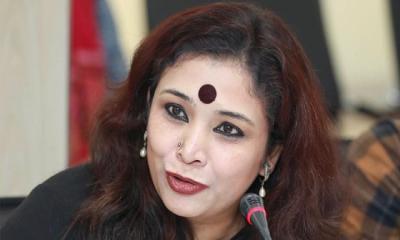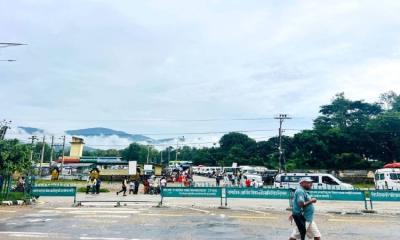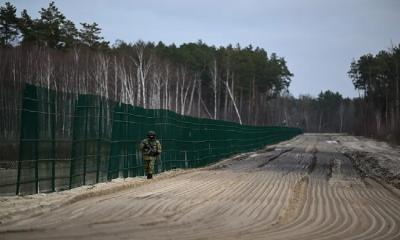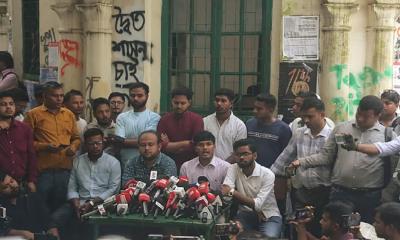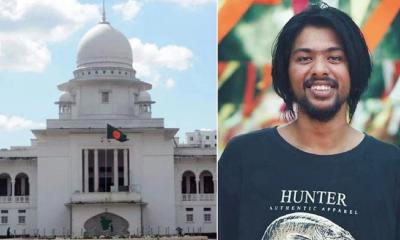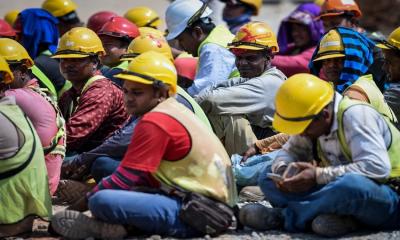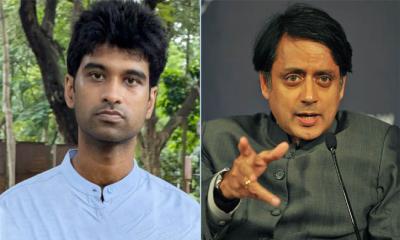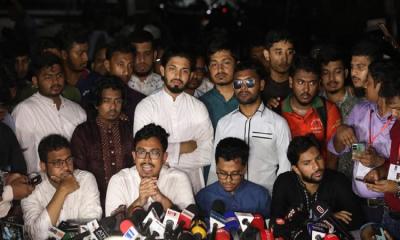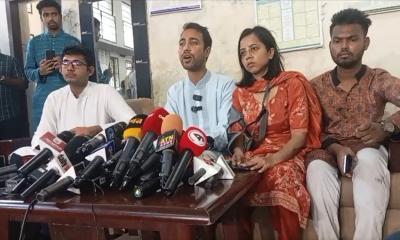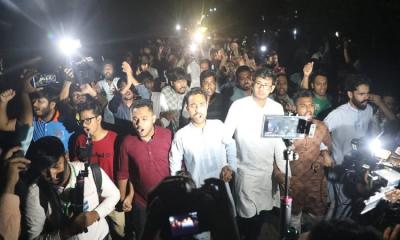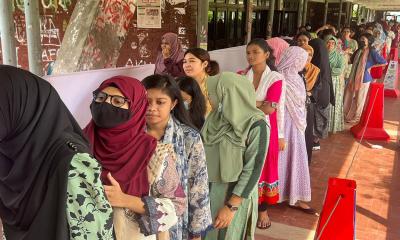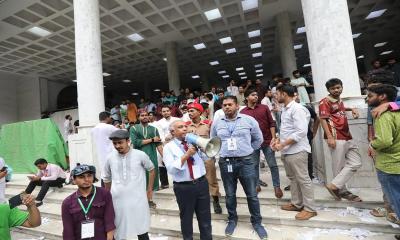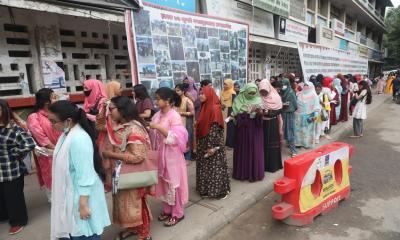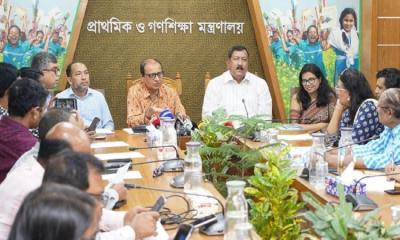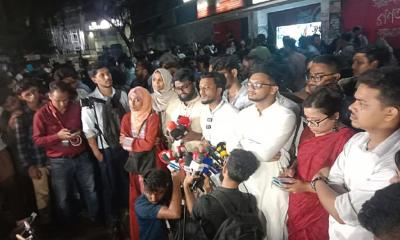Speakers at a press conference in Dhaka have urged political parties to “move away from the wrong path” on the issue of reserved seats for women in parliament and to take women’s voices into account when framing election-related policies. They warned that if ignored, women would make their own decisions at the ballot box.
The press conference, titled “A Roadmap for Ensuring Women’s Rights in National Elections”, was organized on Sunday by the Women’s Political Forum at the Sagar–Runi Auditorium of the Dhaka Reporters Unity (DRU). Participants called for the number of reserved seats in the Jatiya Sangsad to be doubled from 50 to 100, with direct elections to those seats, and demanded that at least 33 percent of nominations in the 300 general constituencies be given to women candidates.
Speakers said they have already begun discussions with political parties to achieve these goals. The National Consensus Commission completed two rounds of talks with political parties on July 31, after which it was agreed that the reserved women’s seats would remain at 50 and be filled through party nominations, and that only 5 percent of the 300 general seats would be allocated to female candidates in the next election, increasing gradually until the 33 percent target is reached. Women’s rights advocates criticized this decision and demanded renewed talks.
The Women’s Political Forum, a coalition of 12 organizations formed on August 31, has been leading the campaign. Human rights activist Farah Kabir said the platform reflects the aspirations of women across Bangladesh, from Teknaf to Tetulia, especially marginalized voices who cannot easily come to Dhaka to speak for themselves. “Women want to be voters and leaders,” she said.
Dhaka University sociology professor Samina Luthfa said the Forum has already met several political parties and will continue discussions. “Women want 100 reserved seats with direct elections, and parties must take this into account,” she said. “If we see which parties are blocking progress, women will make their own decisions.”
Publisher Mahruhk Mohiuddin argued that direct elections to reserved seats could be implemented by 2026 if the political will exists. “If the July Charter ignores 51 percent of the population, it will never be acceptable to women,” she said.
Labor leader Taslima Akhter said the Forum prioritizes two demands: raising reserved seats to 100 with direct elections, and ensuring at least 33 percent of nominations in the 300 general seats go to women. She noted that the draft July Charter only mentions increasing reserved seats to 100 but does not clarify the election method.
The Forum’s written statement, presented by several members including Samina Luthfa and Sushmita Roy, emphasized that women’s representation cannot remain symbolic. It called for immediate mandatory minimum representation of 33 percent in parliament, gradually increasing to 50 percent, and for legal obligations on political parties to nominate female candidates rather than relying on goodwill alone.
The statement also urged amending the Representation of the People Order (RPO) to provide special state funding for all women candidates—party-nominated or independent—equivalent to the election spending limit, to help overcome financial barriers.
According to the Forum, the National Consensus Commission privately signaled agreement with many of its proposals but said political parties refused to raise the nomination quota for women beyond 5 percent for the 2026 election, citing a lack of “sufficiently qualified” female candidates. Women’s rights groups condemned this claim as outdated and “deeply unfortunate,” given women’s equal progress in education, workplaces, and activism.
On September 10, the Forum sent a letter to the Commission demanding a joint meeting with all political parties, but the Commission said it would not convene such a session. “If political parties continue down this path, the danger will be theirs,” the Forum warned.


